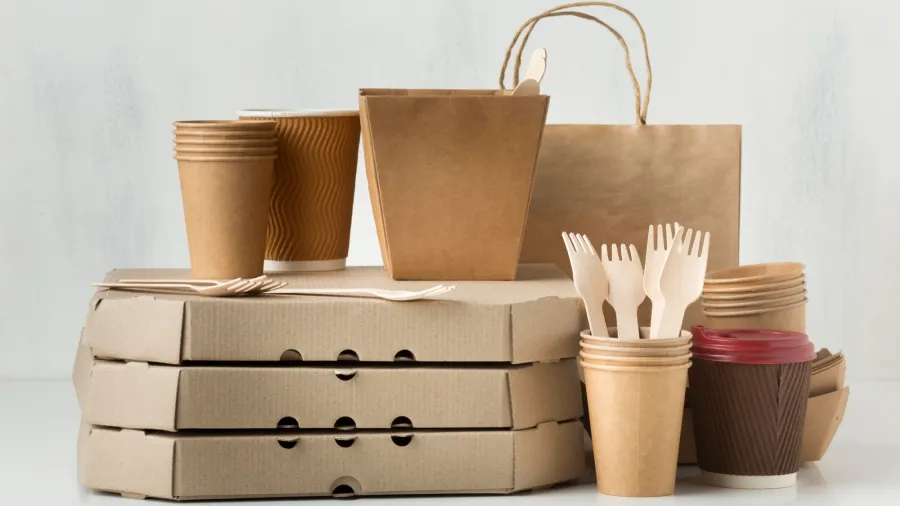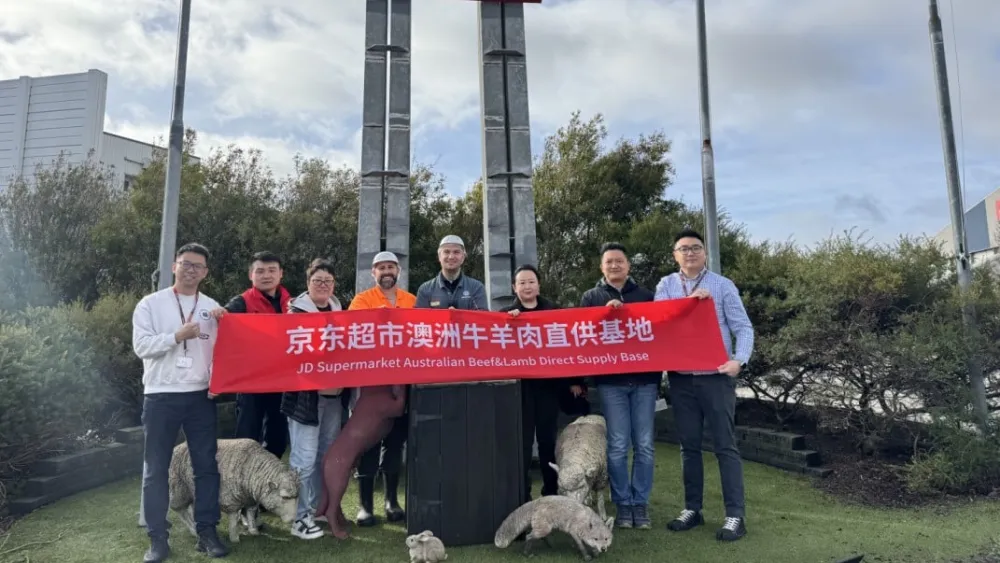
Packaging the future: Why Asia’s F&B sector must treat sustainability as strategy
By Albert Del FonsoPackaging must be viewed not as a fixed cost, but as a strategic enabler of long-term value.
Asia’s food and beverage (F&B) industry is under intensifying pressure to decarbonise and reduce waste across its value chain.
Food systems are responsible for nearly 30% of global greenhouse gas emissions, and the region alone produces over 1.5 million metric tonnes of food packaging waste annually. In parallel, climate-related disruptions, supply chain volatility and growing consumer scrutiny are pushing sustainability to the top of boardroom agendas.
Governments are responding decisively by introducing ESG (environmental, social, governance)-linked legislation, mandatory reporting schemes, and extended producer responsibility (EPR) frameworks that are reshaping industry norms.
But whilst decarbonisation efforts have largely focused on energy use and agriculture, packaging is emerging as an often-overlooked but high-impact lever for change. For F&B players looking to future-proof their operations, packaging innovation may well be the most pragmatic and powerful place to start.
Packaging innovation is no longer optional. It is the lever through which the sector can decarbonise, build resilience, and meet rising consumer and regulatory expectations.
Regulations are reshaping the game
Across Asia, sustainability-related regulation is accelerating, prompting the F&B industry to rethink packaging strategies.
Singapore’s Mandatory Packaging Reporting framework under the Resource Sustainability Act requires companies to report on packaging use and submit 3R (reduce, reuse, recycle) plans, paving the way for an EPR scheme by 2025.
Malaysia’s Plastics Sustainability Roadmap 2021–2030 outlines a national shift towards a circular plastics economy, including single-use plastic bans and recycled content targets.
The Philippines enacted its EPR Act in 2022, mandating producers to recover increasing amounts of plastic packaging waste—rising from 20% in 2023 to 80% by 2028. Meanwhile, Indonesia’s Regulation No. 75/2019 sets targets for 100% recyclable packaging and 50% recycled content by 2028, alongside mandatory waste reduction plans.
Global policies are also shaping local action. In Europe, the EU Single Use Plastics Directive mandates tethered caps on beverage packaging by 2024, whilst the forthcoming Packaging and Packaging Waste Regulation (PPWR) sets ambitious targets for recyclability and reuse by 2030, influencing industry standards worldwide.
Manufacturers in Asia must not only respond to these shifts but anticipate their implications and lead. Whilst some aspects of the legislation are still being finalised, its direction is clear and its ripple effects are already being felt across global supply chains.
For packaging providers and manufacturers, the challenge lies not just in keeping pace, but in contributing constructively to policy design and implementation. It is vital that industry players take a lifecycle perspective to ensure not only product compliance, but also continuity, resilience, and positive environmental impact.
Regulations like the PPWR are not merely compliance hurdles; they offer an opportunity to collaborate, innovate, and help shape a more circular packaging ecosystem
The message is clear: innovation is no longer a competitive advantage; it is a baseline expectation.
Turning innovation into impact
Forward-looking companies are seizing the moment to lead, not just adapt.
One notable case in Europe saw the launch of a 90% renewable aseptic beverage carton, incorporating a paper-based barrier and plant-based polymers. The result: a 33% reduction in carbon emissions, validated by independent lifecycle assessments.
This sets a new industry benchmark, especially as investors and regulators alike begin demanding quantifiable sustainability metrics.
In Asia, these innovations are not theoretical. A growing number of manufacturers are integrating Forest Stewardship Council-certified paperboard, plant-based caps and straws made from sugarcane, and recycled polymers into their portfolios.
These solutions are not just environmentally sound—they are operationally scalable, plug-and-play on existing lines, and traceable back to responsible sources, such as Bonsucro-certified sugarcane.
Why sustainability pays
For food & beverage manufacturers, sustainability is increasingly synonymous with operational efficiency. Integrating alternatives such as energy-efficient machinery, optimising water use, and adopting advanced automation are no longer just environmental choices, they’re strategic investments that lower costs and improve performance.
These efficiencies are particularly valuable as companies navigate rising energy costs, tighter regulatory oversight, and mounting ESG disclosure requirements. In this context, investing in sustainable packaging and processing solutions is not merely a nod to environmental responsibility—it is a strategic move to enhance long-term profitability, build resilience, and ensure supply chain continuity.
Leading the transformation
The implications for business leaders are clear: packaging must be viewed not as a fixed cost, but as a strategic enabler of long-term value. This means re-evaluating the macro trends, investing in innovation partnerships, and integrating sustainability into product development cycles from the outset.
Importantly, sustainable packaging also unlocks downstream benefits from aligning with retailer expectations and investor ESG benchmarks, to reducing exposure to carbon taxes and shifting trade standards.
As Asia’s regulatory, economic and consumer dynamics evolve, the F&B sector stands at a pivotal junction. Those who choose to lead on sustainable packaging now will not only stay ahead of the compliance curve, but they will also shape the market norms of tomorrow.




















 Advertise
Advertise






